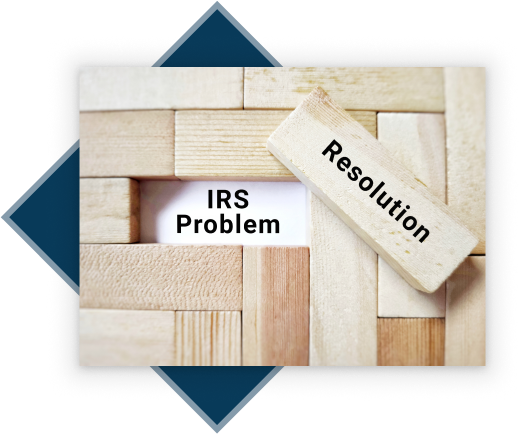If you are unable to pay your total tax liability, you may be able to settle your tax debt for less than the total amount that you owe to the IRS. The IRS allows taxpayers to submit an Offer in Compromise to settle their tax debts. The tax attorneys at JEFFREY BURR have helped their clients save tens of millions of dollars in taxes through successful Offers in Compromise.
You may qualify based on an analysis of your income and the equity in your assets, which is used to calculate the reasonable collection potential (RCP). An Offer in Compromise will stop all IRS collection actions such as an IRS levy or wage garnishment.
There are three (3) grounds on which your IRS Offer in Compromise can be accepted:
- Doubt as to Liability: A compromise under this option qualifies only when there is a genuine dispute as to the existence or amount of the correct tax debt under the law. Under this method of compromise, you are able to contest the underlying merits of the tax liability.
- Doubt as to Collectability: An Offer in Compromise may be accepted if there is doubt that the amount owed is fully collectible. Doubt as to collectability exists in any case where the taxpayer’s assets and income are less than the full amount of the tax liability.
- Effective Tax Administration: Offers in compromise may be accepted based on effective tax administration (ETA). An offer may be accepted based on ETA when there is no doubt that the tax is legally owed and that the full amount owed can be collected, but requiring payment in full would either create an economic hardship or would be unfair and inequitable because of exceptional circumstances.

